Where's the smart money these days? Smart technologies
 It’s still hard to find any bright spots in the North American or European economies these days, but one sector appears to not only be beating the recessionary odds but is poised to be an increasingly dominant industry in years to come: so-called “smart” technologies.
It’s still hard to find any bright spots in the North American or European economies these days, but one sector appears to not only be beating the recessionary odds but is poised to be an increasingly dominant industry in years to come: so-called “smart” technologies.
The idea behind smart technologies is adapting internet-style communications to everything from home energy use to traffic congestion management. By using communications networks to let utility companies and electricity meters, or cars and city traffic systems, “talk” to each other, smart technologies are aimed at making it easier to reduce energy consumption, cut pollution and bring more clean-energy sources like wind and solar into our everyday lives.
These days, it’s also becoming increasingly clear that smart techologies are also smart business. While other industries from retail to real estate continue to languish, companies you might not have ever heard of are raking in millions in investments, partnering with some of the biggest multinational names you know and steadily expanding their footprints around the globe.
Case in point: a company named Trilliant. Based in Redwood City, California, and founded in 1985, Trilliant’s core business is to “supply utilities with wireless mesh equipment to enable two-way communication networks throughout the electric grid.”
While that might not sound either sexy or exciting, that’s a business to be in these days when terms like “smart meters” and “smart grids” are on the lips of almost every serious technology investor.
Just today, for example, Trilliant announced it had raised $106 million in new financing to help support its business growth, both in North America and globally. The financing comes courtesy of the investment firms Investor Growth Capital and VantagePoint Venture Partners, with the additional help of Deutsche Bank, power and automation firm ABB and GE … all companies with some serious business muscle, especially in the energy and utilities industries.
“The global smart grid market represents a transformation of how utilities and consumers interact with energy supply and demand,” said Stephan Dolezalek, head of the cleantech practice at VantagePoint Venture Partners. “This transformation requires a combination of technological leadership, financial strength and significant corporate backing from global players. We believe that this financing and this team of participants clearly puts Trilliant at the forefront of this market and provides utilities with validated solutions and real-world expertise to realize the long-term benefits from a smart grid communications network.”
Flush with fresh cash, Trilliant also announced today that it’s signed an agreement to help roll out smart electricity meters for all 620,000 of Central Maine Power’s (CMP) utility customers. Trilliant is entering into the project in cooperation with the smart meter company Landis+Gyr, along with global giants GE and IBM.
CMP itself is a small part of a big brand name: Iberdrola, Spain’s largest energy company, a top wind power generator and one of the globe’s largest utility firms.
The Maine project, Iberdrola’s first foray into smart grid deployment in the U.S., is aimed at improving electricity load management, enabling flexible electricity rates that benefit customers who use off-peak power and helping to reduce customer energy bills through smarter consumption management. The project is scheduled for completion by early 2012.
“Central Maine Power has an aggressive schedule, challenging terrain, and strong value commitments to their customers and shareholders,” said Andy White, president and CEO of Trilliant. White added the project will help deliver a “future-proof smart grid communications network with the bandwidth and speed to improve customer service, distribution automation, and consumer energy efficiency over the long term.”
Clearly, the smart money these days is on smart meters, smart grids and all other things smart.




